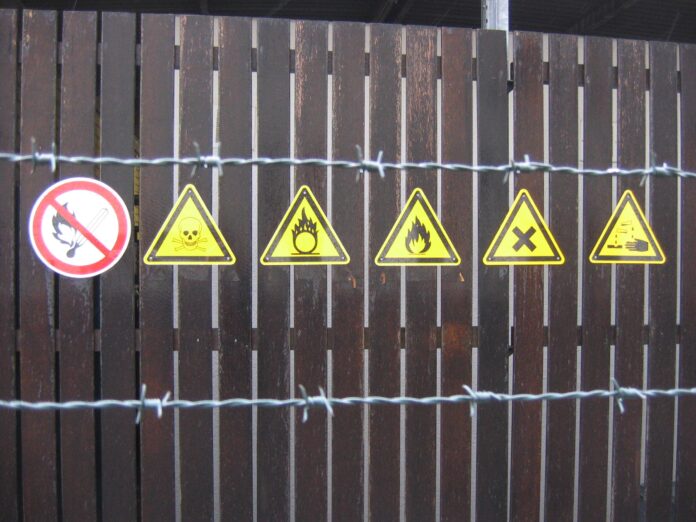
Diabetes is a serious condition that affects millions of people worldwide. One of the most common complications of diabetes is diabetic foot complications. These complications can range from simple issues like dry skin or calluses to more serious problems like foot ulcers and infections. Recognizing the warning signs of diabetic foot complications is crucial in preventing more serious health issues down the line. In this article, we will discuss the warning signs of diabetic foot complications and what you can do to prevent them.
One of the first warning signs of diabetic foot complications is numbness or tingling in the feet. This is often a result of nerve damage, known as diabetic neuropathy. Diabetic neuropathy can cause a loss of sensation in the feet, making it difficult to detect injuries or infections. If you notice numbness or tingling in your feet, it is important to speak with your healthcare provider immediately. They can help you manage your symptoms and prevent further damage to your feet.
Another warning sign of diabetic foot complications is dry, cracked skin on the feet. Diabetes can cause the skin on your feet to become dry and cracked, making it more prone to infection. If you notice that your feet are dry or have areas of cracked skin, be sure to keep them moisturized and hydrated. You may also want to consider wearing moisture-wicking socks and shoes to help prevent further skin damage.
Calluses and corns are another common warning sign of diabetic foot complications. These thickened areas of skin can develop on the feet due to pressure or friction. If left untreated, calluses and corns can become painful and increase your risk of developing foot ulcers. Be sure to regularly inspect your feet for any signs of calluses or corns, and seek treatment from a podiatrist if necessary.
Foot deformities are also a warning sign of diabetic foot complications. Diabetes can lead to changes in the structure of your feet, such as hammertoes, bunions, or Charcot foot. These deformities can increase your risk of developing foot ulcers and infections. If you notice any changes in the shape of your feet, be sure to speak with your healthcare provider for further evaluation and treatment options.
Unexplained swelling in the feet or ankles can also be a warning sign of diabetic foot complications. Swelling in the feet can be a sign of poor circulation or fluid retention, which can increase your risk of developing foot ulcers. If you notice persistent swelling in your feet or ankles, be sure to speak with your healthcare provider for further evaluation and treatment.
Persistent foot pain is another warning sign of diabetic foot complications. Diabetes can cause nerve damage that can result in chronic pain in the feet. If you experience persistent or unexplained foot pain, be sure to speak with your healthcare provider for further evaluation and treatment options. They may recommend physical therapy, orthotic devices, or other treatments to help manage your pain and prevent further complications.
Foot ulcers are one of the most serious warning signs of diabetic foot complications. A foot ulcer is an open sore or wound on the foot that can be slow to heal and prone to infection. If left untreated, foot ulcers can lead to serious complications, such as gangrene or amputation. If you notice any signs of a foot ulcer, such as redness, swelling, or drainage, be sure to seek immediate medical attention. Your healthcare provider can help you manage your ulcer and prevent further damage to your foot.
In conclusion, recognizing the warning signs of diabetic foot complications is crucial in preventing more serious health issues down the line. If you notice any of the warning signs mentioned in this article, be sure to speak with your healthcare provider immediately. They can help you manage your symptoms and prevent further damage to your feet. By staying vigilant and taking the necessary precautions, you can reduce your risk of developing diabetic foot complications and improve your overall health and well-being. Stay informed, stay proactive, and take care of your feet.

















